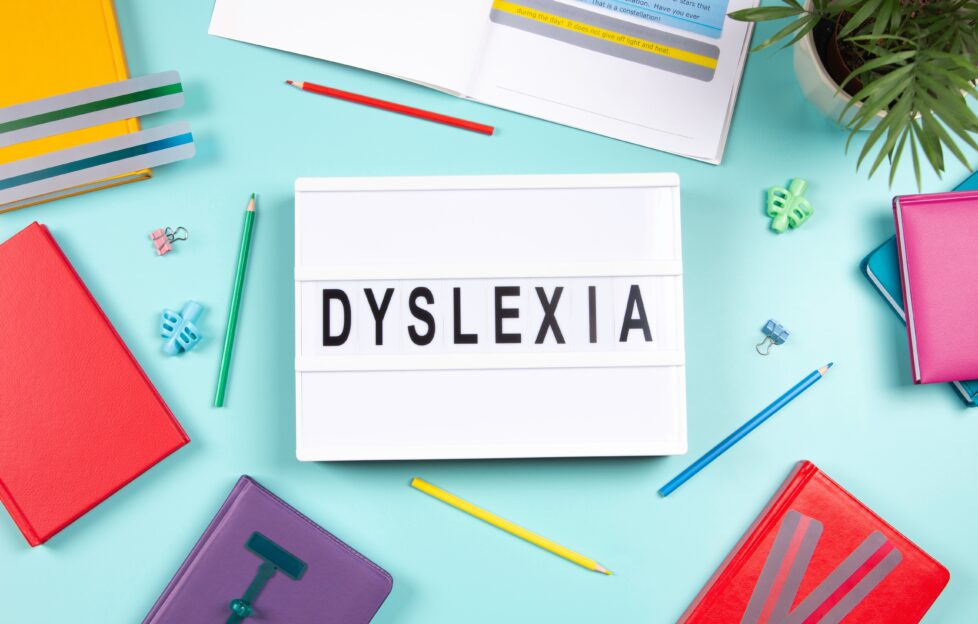 Shutterstock / Veja©
Shutterstock / Veja©Dyslexia Awareness Week UK runs until October 9 this year, with World Dyslexia Awareness Day on Thursday, October 6. Here, expert Kate Griggs, who herself is dyslexic and the CEO of global charity Made By Dyslexia, has some great advice. She’s also the bestselling author of “This Is Dyslexia” (Penguin).
Kate Griggs explains how to empower the dyslexics in your life:

Kate Griggs.
Dyslexia Awareness Week
Dyslexic brains process information differently. They are often naturally curious and highly creative, with an ability to unconventionally connect the dots and think laterally. This difference results in a pattern of challenges but extraordinary strengths, too.
As many as one in five children are dyslexic, but research suggests that 80 per cent of dyslexic children leave school without being recognised. Dyslexic minds often have strengths in areas like creativity, problem solving, empathy and communication, but may struggle with other things such as remembering facts and figures and elements of literacy.
Spotting dyslexic thinking, focusing on strengths, and building self-esteem are all key in helping dyslexics to achieve their best.
Encourage them to do what they love and are passionate about at every opportunity. Skill + Practice + Passion = Superpower.
Acknowledge their expertise. Dyslexics often don’t realise how good they are at these things, so may not recognise them as their “Superpowers”.
Build self-esteem with positive praise. Research suggests that we are most motivated to improve when we hear negative and positive comments in a ratio of 1:5. That’s five pieces of praise for every one negative comment.
Positive praise is vital for those with dyslexia. And even if certain things are challenging, each small win should be celebrated.
The best way we can support and empower dyslexic people is to identify it at an early age, discover their strengths and place as much importance on them as we can. With support and focussing on their strengths, you can help them to excel in life. Some people discover they are dyslexic much later on in life, and support and understanding will of course help them, too.
More information can be found here




